Keto Diet?

Ketogenic Diet
What Is Keto Diet?
A Keto Diet is a type of low-carbohydrate diet, similar to the Atkins diet. The goal of a ketogenic diet is to consume more calories from proteins and fats and less from carbs. Carbohydrates that are easily digested, such as sugar, sodas, pastries and white bread, are minimised.

How It Works (Keto Diet)
When you consume less than 50g of carbohydrates daily, your body will eventually run out of glucose (the sugar in your blood) that can be used quickly. This usually happens within 3-4 days. Then, your body will begin to break down proteins and fats for energy, resulting in weight loss. This process is known as ketosis.
Keep in mind that ketosis is a short-term diet that is primarily focused on weight loss, rather than overall health benefits.

Who Uses It? (Keto Diet)
The main purpose of a ketogenic diet is weight loss, but it can also be used to treat certain medical conditions, such as epilepsy. It may also help with heart disease, some brain disorders, and even acne. However, more research is needed in these areas.
It is important to consult your doctor first to determine if it is safe for you to follow a ketogenic diet. This is especially true for those with type 1 diabetes.
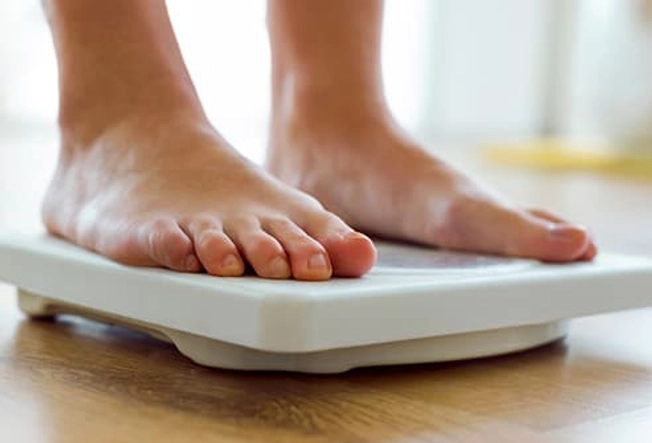
Weight Loss (Keto Diet)
It’s possible that a ketogenic diet will help you lose weight faster (within the first 3-6 months) than other diets. This is because it takes more energy to convert fat into energy than to convert carbs into energy.
It is also possible that a diet that is high in fat and high in protein will satisfy you more and cause you to eat less, but this has not been proven.
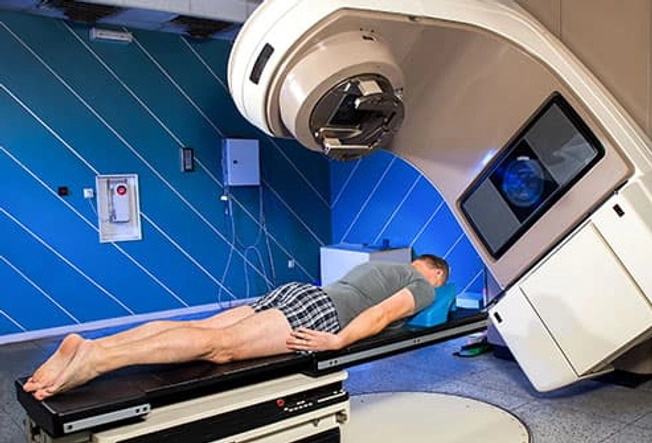
Cancer (Keto Diet)
Insulin is the hormone that allows your body to use or store glucose as energy. Because ketogenic diets burn glucose quickly, your body does not need to store insulin. As a result, your body needs less insulin and produces less insulin. These lower insulin levels may protect you from certain types of cancer or slow down the growth of certain cancer cells. However, more research is needed.

Heart Disease (Keto Diet)
It may seem counterintuitive that a diet that emphasizes fat can increase “good” cholesterol and decrease “bad” cholesterol, but this is what ketogenic diets are associated with. This may be because the reduced insulin levels caused by these diets prevent the body from producing more cholesterol. This reduces the risk of high blood pressure, hardening of arteries, heart failure and other heart-related conditions. However, it is not clear how long this effect lasts.
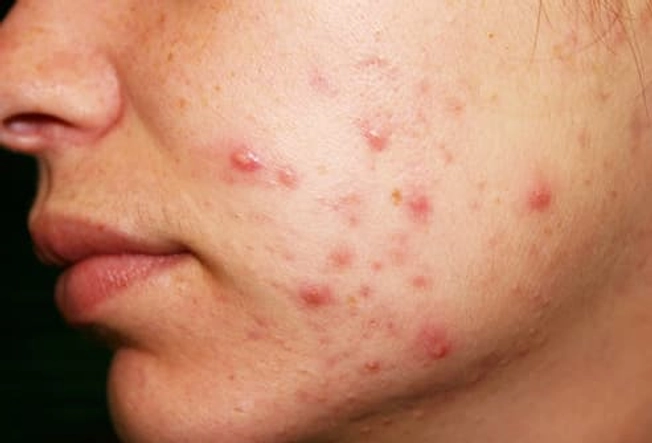
Acne (Keto Diet)
Eating less carbohydrates has been linked to skin problems such as acne. A ketogenic diet may also reduce the amount of insulin in your blood, which can lead to breakouts. Insulin can trigger your body to produce other hormones that cause breakouts. However, more research needs to be done to know exactly how effective a keto diet is in treating acne.
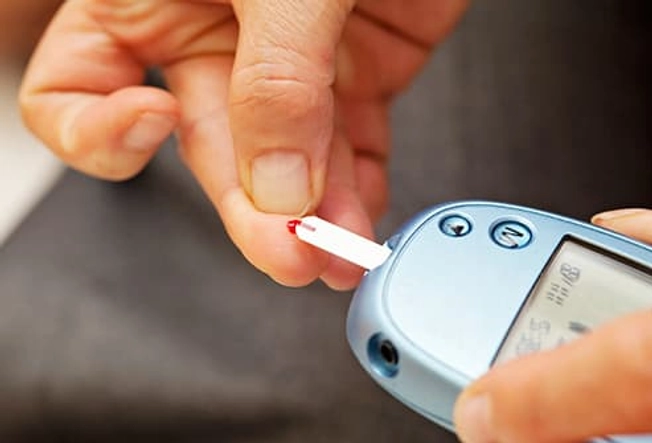
Diabetes
While low-carb diets appear to keep blood sugar levels lower and more stable than other diets, when your body is burning fat for energy it produces compounds known as ketones. In people with diabetes, especially type 1 diabetes, high levels of ketones in the blood can lead to serious health complications. Therefore, it is essential to consult with your doctor before making any dietary changes.
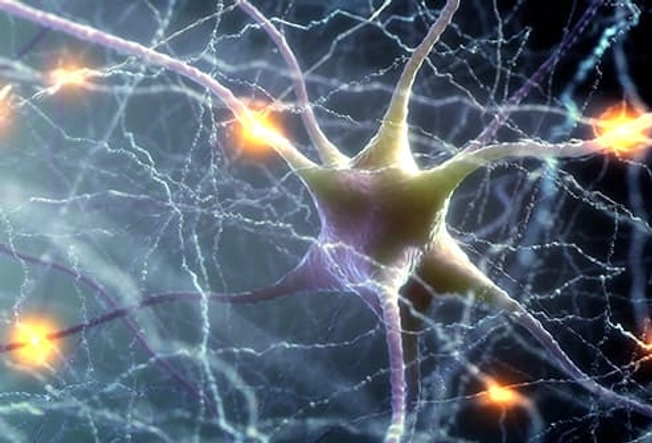
Epilepsy
Since the 1920s, ketogenic diets have been used to treat seizures associated with this condition. Again, it is important to consult with your physician to determine what is best for you and your child.
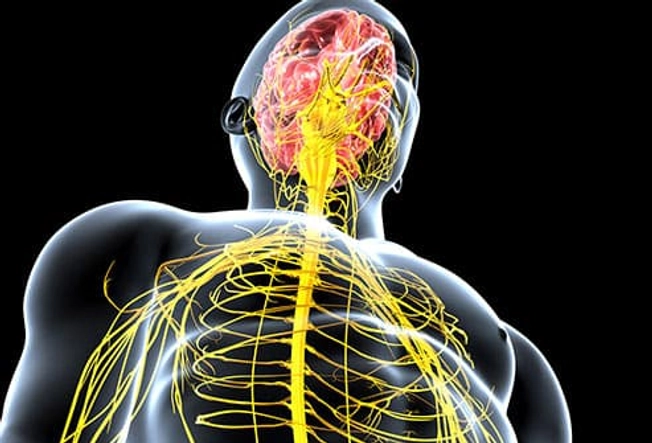
Other Nervous System Disorders
These disorders affect the brain and spinal cord, and the nerves that connect them.
While epilepsy is one of the most common conditions associated with the keto diet, there are other conditions that may benefit from a keto diet, such as:
Alzheimer’s disease
Parkinsonian disease
Sleep disorders
Scientists don’t know exactly why, but the ketones produced by the body when it metabolizes fat for energy may help protect brain cells from harm.
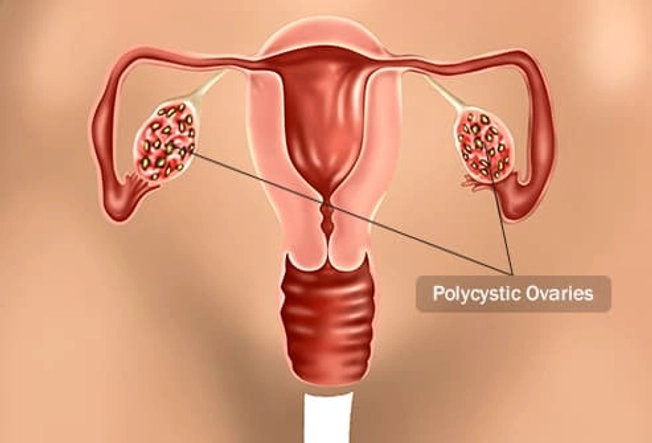
Polycystic Ovary Syndrome
This is a condition in which a woman’s ovaries become bigger than they should be, and small, liquid-filled sacs grow around the eggs. It can be caused by high insulin levels. Ketogenic diets that reduce both insulin production and insulin requirements, as well as other lifestyle changes such as exercise and weight loss, may help treat this condition.

Exercise
A keto diet can help endurance athletes, such as runners and cyclists, during their training. Over time, a keto diet can improve your muscle-fat ratio and increase your body’s ability to utilize oxygen when working hard.
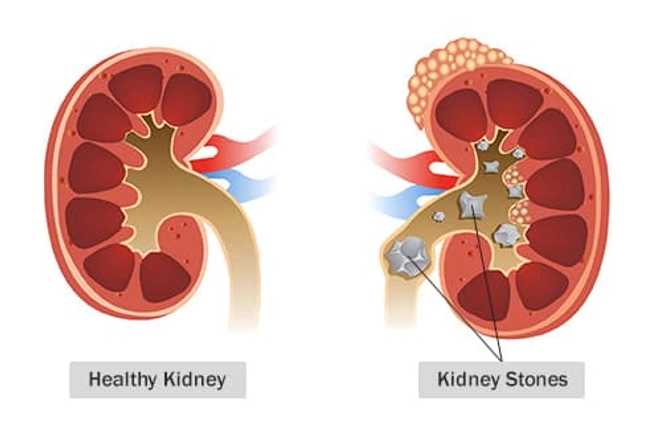
Side Effects
The most common side effects are usually mild: you may experience constipation, moderate low blood sugar levels, or difficulty digesting food. Low-carb diets are much less likely to cause kidney stones or acidosis. Other side effects include the “keto flu,” which can include headaches, weakness, irritability, bad breath, and fatigue.

Diet With Care
When your body is burning its fat stores, it can be difficult on your kidneys. If you are overweight, transitioning to a keto diet — or back to a regular diet — can be difficult if you have other health conditions, such as diabetes, heart disease, high blood pressure, etc. If you have these conditions, make dietary changes gradually and only with the advice of your doctor.
Also Visit My Tech Site: Non Technical Informations







